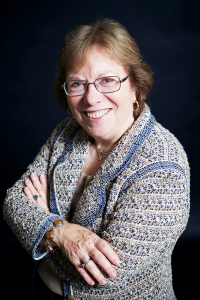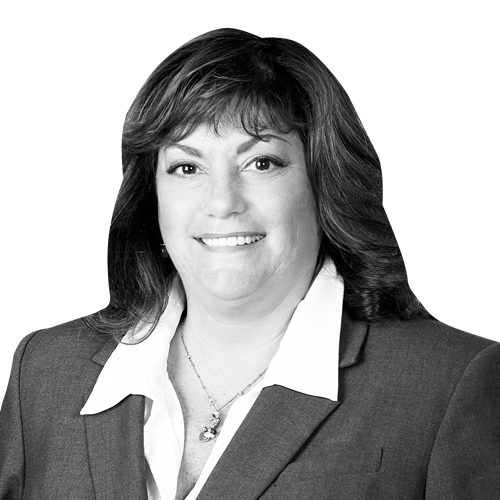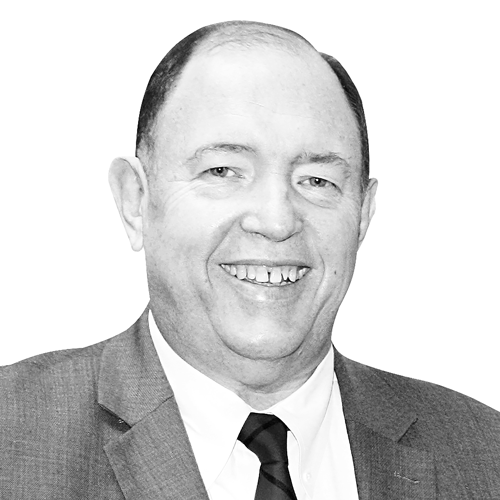
For the healthcare providers and insurers of the United States, navigating the pool of available medical technologies is a complicated process. To make sound decisions, the right questions must be asked: Which technologies are the most effective? How do cost and reimbursement come into play? Which option is in the best interest of this particular patient? As the market is perpetually flooded with new and controversial options for healthcare professionals to consider, determining efficacy and safety over novelty and physician preference can become a daunting task.
This increase in healthcare options called for an accessible, unbiased resource of evidence-based information on medical devices, drugs, treatments, and procedures. Wini Hayes recognized this growing need and started Hayes, Inc. in 1989 with the mission to ultimately transform the healthcare industry through the use of scientific evidence.
Today, the company offers US insurers and providers a trusted resource to make sound choices composed of the best available evidence on new and emerging technologies. Hayes, Inc. continually reviews this evidence and assigns a “Hayes Rating” that reflects its strength and direction. The work completed by the organization helps the transformation of healthcare delivery, and the improvement of patient outcomes.
With increased demand for population health in hospitals and health systems, Hayes, Inc. positions its resources to provide support. The organization’s health-plan partners represent nearly 85 percent of the nation’s patient coverage. An evidence-based resource has the ability to affect point-of-care decisions and reduce clinical variation, which would, in turn, lead to better patient outcomes.
Hayes always had an interest in science and medicine; her first job out of high school was at a state mental hospital. While she was in college, she initially chose to be a biology major, but later switched to nursing.
“The improvements in technology have made a real difference in better diagnoses and monitoring of disease progression. Without clinical evidence, we are uncertain if a health technology is effective and safe in any particular application.”
“Mind you, this was back in the ’60s,” she says. “I made the conscious decision [to change majors] because I didn’t envision myself spending the time necessary to get an MD. I thought nursing would satisfy my desire to contribute to healthcare.”
Hayes’s career as a nurse started on the service floor at the University of Maryland Medical Center, and she loved it. When the university approached her to be a clinical instructor in 1973, she took the job and found that she loved teaching, too.
That fall, Hayes returned to academia to earn her master’s degree from the University of Maryland’s School of Nursing. Throughout the year-long program, she balanced a full-time job with the duties of a full-time student. After relocating to Atlanta when her husband changed jobs, she began teaching full time at Emory University. She also embarked on her first entrepreneurial experience: running a primary-care clinic for female inmates for the Department of Offender Rehabilitation.
Upon another reassignment for her husband, Hayes moved to Philadelphia, continuing her education at Johns Hopkins University’s Bloomberg School of Public Health (JHU). During this time, she made a six-hour round-trip commute from her home in Philadelphia to JHU in Baltimore, eventually earning her PhD in environmental health sciences at the age of thirty-six. While at JHU, Hayes took on a job to start a for-profit subsidiary of a nonprofit hospital that would provide occupational health, worker’s compensation, and clinical services.
Her work with this subsidiary led to the creation of a utilization-management program that addressed health benefits and the accompanying management problems for those benefits. While Hayes was working with employers and health insurers to provide clinical oversight, she observed that insurers struggled to determine the right decisions for coverage when the requested clinical service was new to the market.
In order to make a coverage decision, they had to first establish whether the service was experimental and/or investigatory, or if it was proven effective and safe.
This common process that insurance companies were following was not a reliable one, and it made sound, informed choices nearly impossible; the decision to use a new clinical service was ultimately based on the physician’s opinion. Even if the physicians were specialists in their fields, the end result was still an opinion—which was not necessarily based on scientific evidence. Hayes founded her company in direct response to this flaw.
Throughout Hayes, Inc.’s twenty-seven years, Hayes has seen the development of life-saving diagnostic technologies including the MRI, PET, and CT. “The improvements in technology have made a real difference in better diagnoses and monitoring of disease progression,” she says. “Similar advancements in therapies have also helped to transform healthcare.” Her next frontier? Tracking, monitoring, and reporting on the development of genetic testing and its application in identifying disease, risk, and personalizing healthcare treatments.
“Without clinical evidence, we are uncertain if a health technology is effective and safe in any particular application,” she says. “You can’t rely on opinions or uncontrolled studies. If something was effective with one condition, or one disease, or one set of patient criteria, it doesn’t mean it will be effective and safe for other applications.”


